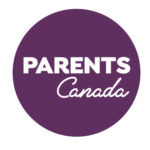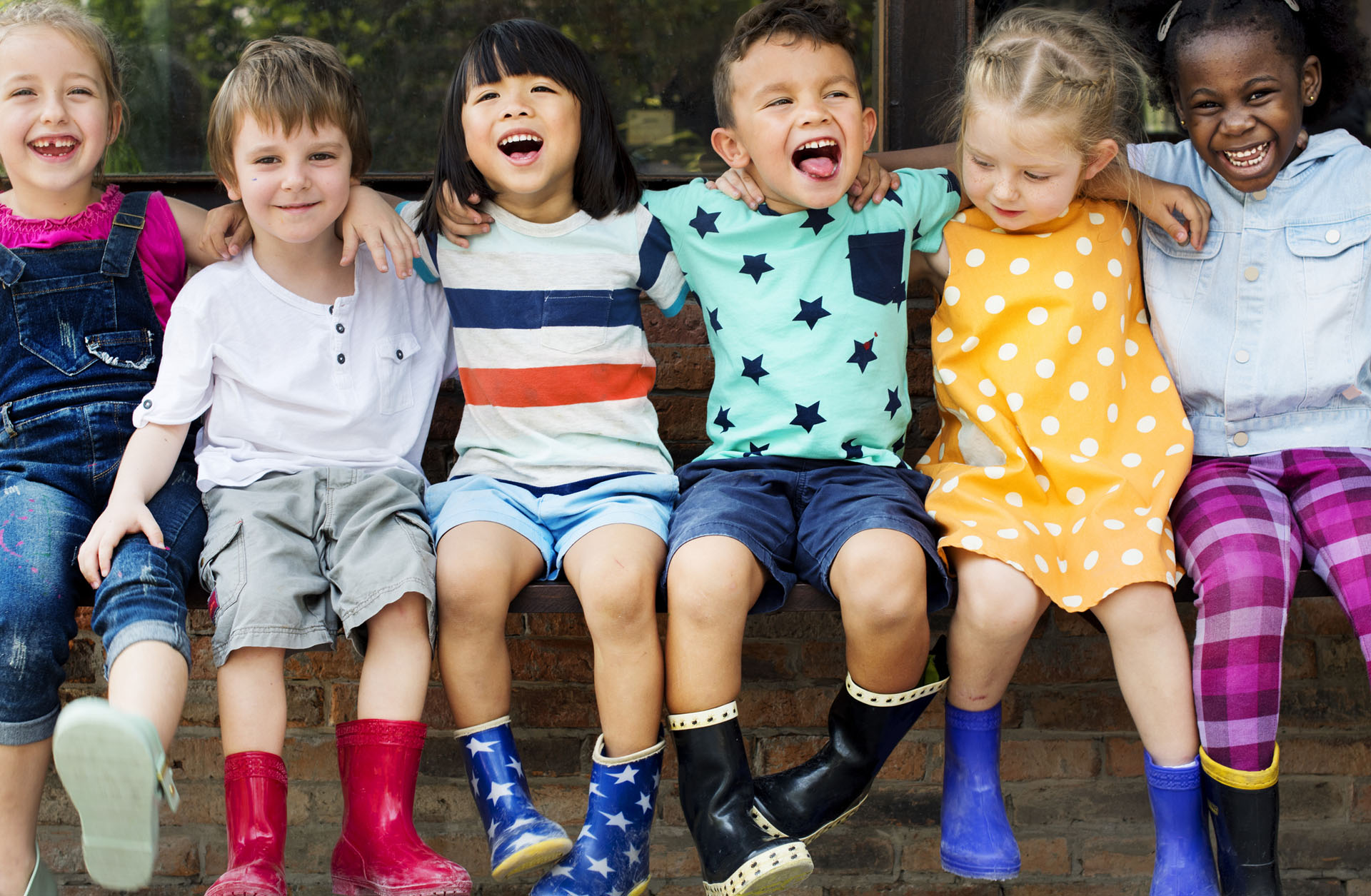Middle School
4 min Read
A Nova Scotia program nips bullying in the bud

November 18, 2013
Middle School
4 min Read

November 18, 2013

Susan Buchanan believes parents have a big role to play in ensuring their kids don’t become bullies or victims of bullying. A bullying prevention specialist and creator of the Stop Bullying with Social Education program, Susan has developed a philosophy and educational materials for parents and schools that contain proactive bully stopping techniques, and interactive ways to teach essential social education skills.
“A lot of behaviour we see isn’t really bullying,” says Susan, a former teacher who lives in Nova Scotia. “Bullying involves premeditated intent to cause physical, mental and emotional stress to someone once or 1,000 times. What I often saw in the classroom was rarely premeditated – just kids responding to situations and acting without thinking.”
Tweens might pass a nasty note to get attention or whisper about another classmate, all because they don’t have the skills to say to someone, “I want your attention; I want to hang out.”
The problem, says Susan, is that some kids don’t have adequate social, cooperative, problem-solving, friendship or coping skills to be nice to one another, get along and ensure that situations don’t escalate. Between eight and 12, they may also still be developing the social skill of “joining in” and learning how to understand and convey emotion.
“This might be happening for several reasons,” she says. “Kids might have attachment issues, their skills might be undeveloped or they might not see proper behaviour modeled at home. When a child is missing these skills, they can become angry or frustrated in social situations where friends and relationships are involved, and they are considered a bully,” says Susan. “But the root problem is not knowing how to build relationships. They get caught in the stereotype of being called a bully.”
Research shows that if a child is still bullying in high school, they are more likely to carry this behaviour into adulthood.
To that end, Susan developed her program and has introduced it to more than 300 communities across Canada. It focuses on giving parents and teachers tools so they can help children learn to develop friendship behaviour, such as cooperation, tolerance, kindness, and consideration, and respond to adverse situations like teasing. She believes that parents are an important part of the equation, since the family unit is the most influential place to prevent children from allowing themselves to becoming a bully or a victim – both of whom are often missing the same sorts of skills.
“Because a parent is a child’s first and most important role model, bullying prevention needs to begin with social education skill development at home,” she says.
Her materials contain things like “virtue cards” which cover various virtues, such as tolerance, and offer advice on how to teach them, for instance by talking about how you showed tolerance that day. There are also “bullying scenario cards” which parents can use to act out scenarios as well as ways to resolve them.
Developing Social Skills
In addition to ideas in her program that help parents start a dialogue with kids, Susan recommends parents also try the following:
For more information on her program, visit clariorconsulting.com
Learn to help your tween deal with bullies at ParentsCanada.com/bullying
Originally published in ParentsCanada magazine, November 2013.